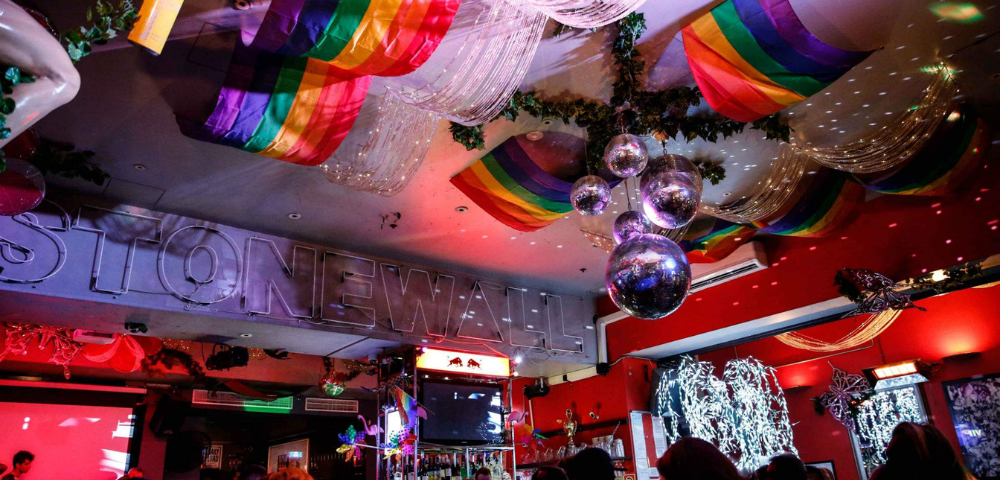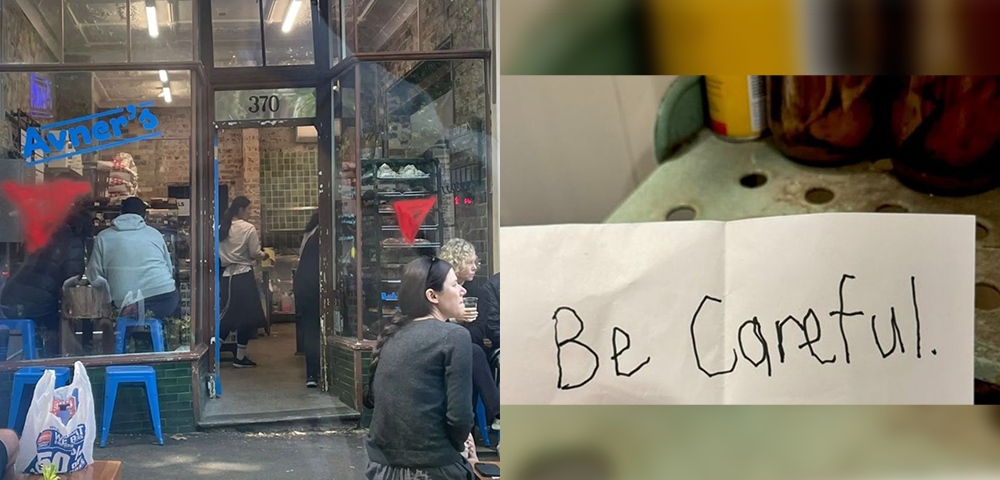

This story was first published on the Star Observer.
by JOSH KERWICK
A number of reports have shown that LGBT hospitality workers are highly susceptible to harassment and discrimination in the workplace.
Dr Megan Sharp writes for Pursuit about the state of the hospitality industry and how LGBTQ+ workers are expected to contribute to the inclusive vibe of a venue, while simultaneously being under constant threat of being exposed to discrimination and harassment.
Even as Australian society grows more accepting of queerness, hospitality workplaces continue to have a “systemic sexual harassment and gender-based violence problem”, according to the United Workers Union. Many workplaces simply lack the systems to handle discrimination or harassment when it happens.
A report from The Conversation in 2023 on harassment in Newcastle and Melbourne confirmed this; women and gender-diverse patrons were more likely to be targeted, and queer or female workers are often expected to defuse tense situations, which pedals dangerous ideas about who is best suited to managing violence.
Issues facing LGBT hospitality workers
Furthermore, many LGBTQ+ people are anxious to represent their queerness – one worker named Connor said that he is always constantly wondering how best to express/repress his gender and sexuality.
He says that many straight people love having a ‘gay best friend’ interaction that also serves as a bit of entertainment. At the same time, Connor says that he and many other queer people are constantly battling with how to express their gender/sexuality at work to avoid things going “too far.”
Other LGBTQ+ people are hesitant to represent themselves in any capacity. Melbourne-based CBD barista Sasha says that she is reluctant to wear any pride-related pins or clothes at all.
She explains: “I’ve had too many people use it as a way to harass me or make me feel uncomfortable, which sucks because I do want other queer people to feel safe here, but I know it would be a lie to advertise that they would be.”
In an industry already rife with exploitation like hospitality, the additional unpaid responsibilities of creating an inclusive space while receiving and preventing harassment means the job is not worth it for many.
A cafe worker in Melbourne called Lil says: “Most venue owners have no idea what inclusion looks or feels like because they have rarely experienced marginalisation. They think having a ‘diverse’ workforce will be enough. They don’t realise how much work goes into actually making people feel like they belong”.
How can the hospitality industry improve?
The United Workers Union suggests that a more thorough much greater implementation of reporting to combat the high rates of sexual violence and discrimination faced by hospitality workers.
Additionally, prevention must play a larger role going forward – correctly handling incidents when they occur is one thing, but introducing new policies, training programs and campaigns to prevent discrimination and harassment is essential.
LGBTQ+ workers agree, saying that reducing discrimination in the workplace requires a multi-faceted and coordinated approach from both venues and policymaking.









